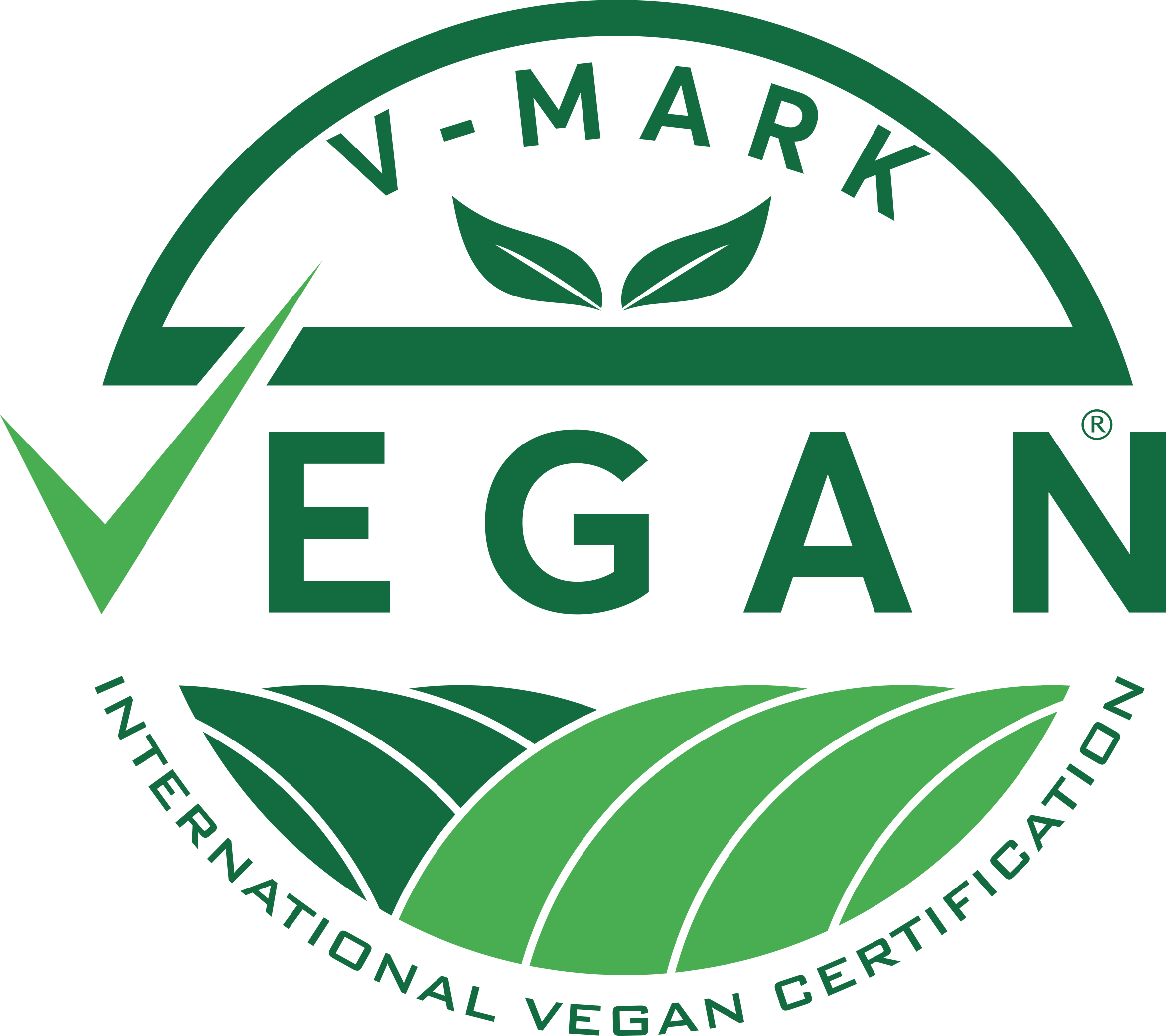What Kinds of Products Can Be Vegan Certified or Labeled? Is It Just Food?
Vegan certification and labeling is an important part of informing consumers about the products they purchase and ensuring that they are purchasing products that adhere to vegan standards. Vegan certification and labeling not only applies to food products but also to a wide variety of other consumer goods.

Vegan certification and labeling is a process that is used to ensure that products have not been produced using animal-derived ingredients or processes. This often involves verifying that a product has not been tested on animals, and that animal-derived ingredients have not been used in the production of the product. The vegan certification and labeling process also verifies that the product does not contain any animal-derived ingredients, such as dairy, eggs, or honey.
Vegan certification and labeling applies to a variety of food and non-food products. Common food products that can be vegan certified or labeled include plant-based milks, yogurts, cheeses, and other dairy alternatives, as well as plant-based meats, eggs, and vegan snacks. Non-food products that have vegan certification and labeling include beauty and personal care products, such as shampoos, conditioners, and lotions, as well as cleaning products and home goods.
The vegan certification and labeling process is important for ensuring that consumers are purchasing products that adhere to vegan standards. It is also important for ensuring that the product has not been tested on animals, and that animal-derived ingredients have not been used in the production of the product. In addition, the vegan certification and labeling process can help to ensure that the product is free from animal-derived ingredients, such as dairy, eggs, and honey.
In conclusion, vegan certification and labeling is an important process for ensuring that consumers purchase products that adhere to vegan standards. This process applies to a wide variety of food and non-food products, including plant-based milks, cheeses, and other dairy alternatives, as well as beauty and personal care products, cleaning products, and home goods. The vegan certification and labeling process is important for ensuring that the product has not been tested on animals and that it does not contain any animal-derived ingredients.
FAQ
- Are Vegan Certifications and Labels Expensive? How Much Do They Cost?
- Are Vegan Certifications and Labels Only for Vegan Companies? Can Non-Vegan Brands Get Certified?
- Are Vegan Certifications and Labels Only for Vegan Products? Can Non-Vegan Ingredients Be Used?
- Are Vegan Certifications and Labels Reliable? How Do I Know if a Program is Reputable?
- How Do I Find Vegan Certified or Labeled Products? Where Can I Look?
- How Do I Get My Product Vegan Certified or Labeled? What is the Process?
- How Do Vegan Certifications and Labels Benefit Brands and Manufacturers? Why Should They Get Certified?
- How Do Vegan Certifications and Labels Benefit Consumers? Why Should I Look for Them?
- What Does a Vegan Certification or Label Mean? What Are the Standards?
- What Kinds of Products Can Be Vegan Certified or Labeled? Is It Just Food?
- What are the Benefits of a Vegan Certification or Label for the Environment and Animals?
- What is a Vegan Certification or Label? How Do I Know if a Product is Vegan?
- What is the Difference Between a Vegan Certification and a Vegan Label? Which is Better?
- What is the Future of Vegan Certifications and Labels?
- What is the Role of Vegan Certifications and Labels in Promoting Veganism?
- What is Veganism?

GET CERTIFIED
